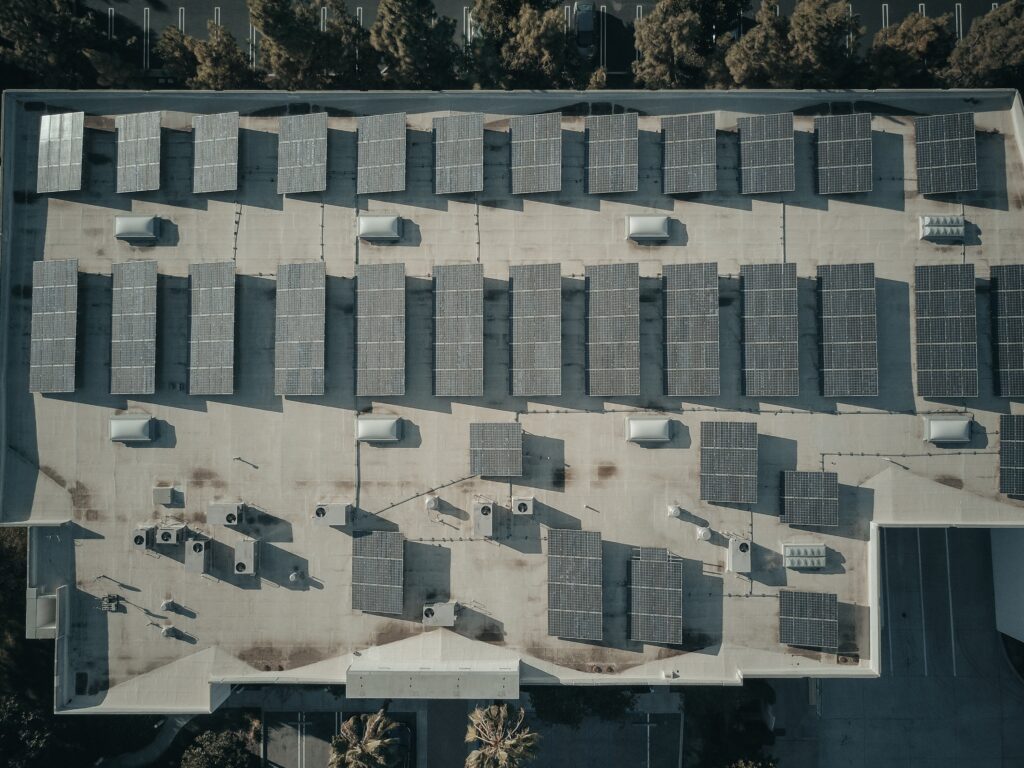
Introduction:
Solar panel efficiency is a critical factor to consider when investing in solar energy. The efficiency of solar panels determines how much energy they can generate from the available sunlight, and ultimately how much money you can save on your energy bills. In this article, we will explore some of the ways you can maximize the energy output of your solar panels while reducing costs.
- Choosing the Right Type of Solar Panel: The type of solar panel you choose can have a significant impact on its efficiency. Monocrystalline solar panels are generally the most efficient, followed by polycrystalline and thin-film solar panels. While monocrystalline solar panels are more expensive, they generate more energy per square foot, making them a cost-effective choice in the long run.
- Proper Installation: Proper installation is critical to maximizing the energy output of your solar panels. Make sure that your panels are installed at the optimal angle and direction to receive the most sunlight possible. This may require a site survey to determine the best placement for your panels.
- Regular Maintenance: Regular maintenance is essential to ensuring that your solar panels are operating at maximum efficiency. This includes cleaning the panels regularly to remove any dirt or debris that may be blocking the sunlight. Additionally, it is important to inspect your panels for any damage or wear and tear that may be affecting their efficiency.
- Investing in Energy Storage: Investing in energy storage is a great way to maximize the energy output of your solar panels. Energy storage systems allow you to store excess energy generated during the day for use at night or during cloudy days. This means that you can make the most of the energy generated by your solar panels, even when the sun is not shining.
- Using Energy-Efficient Appliances: Using energy-efficient appliances can help to reduce the amount of energy you need to generate from your solar panels. This can be as simple as using LED light bulbs or purchasing energy-efficient appliances. By reducing your energy consumption, you can reduce the size and cost of your solar energy system.
- Monitoring Your Energy Usage: Monitoring your energy usage is an important step in maximizing the energy output of your solar panels. By tracking your energy usage, you can identify areas where you may be using more energy than necessary and make changes to reduce your consumption. This can help to ensure that you are making the most of the energy generated by your solar panels.
- Government Incentives: Government incentives can help to reduce the cost of your solar energy system, making it more affordable to invest in solar panels. These incentives may include tax credits, rebates, or other financial incentives that can help to offset the cost of your solar energy system.
- Leasing vs. Purchasing: Finally, it is important to consider whether to lease or purchase your solar panels. Leasing may be a good option if you are not ready to invest in a solar energy system upfront. However, purchasing your solar panels may be a better option in the long run, as you can take advantage of the energy savings and potential government incentives.
Conclusion:
In conclusion, maximizing the energy output of your solar panels while reducing costs is possible with the right strategies and investments. By choosing the right type of solar panel, properly installing and maintaining your panels, investing in energy storage, using energy-efficient appliances, monitoring your energy usage, taking advantage of government incentives, and considering the option to purchase your panels, you can make the most of solar energy and enjoy the benefits of reduced energy costs and a greener home.
